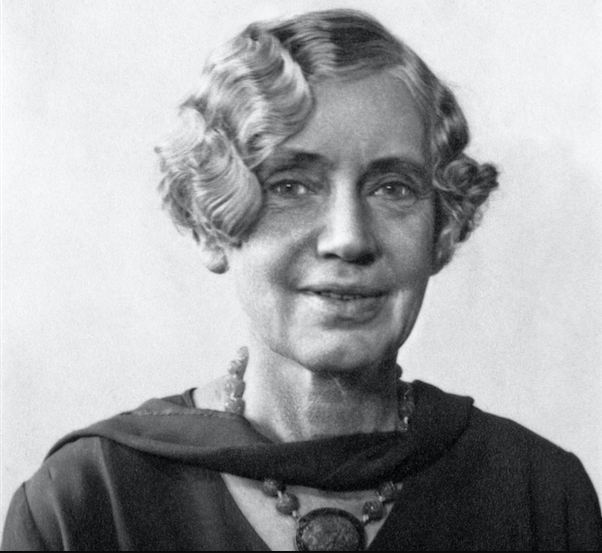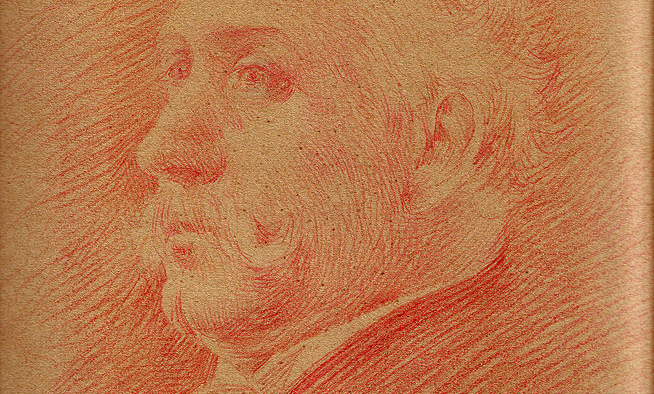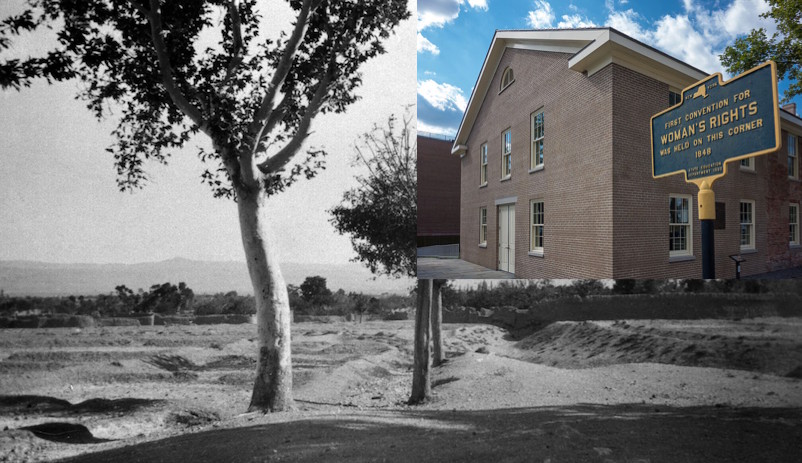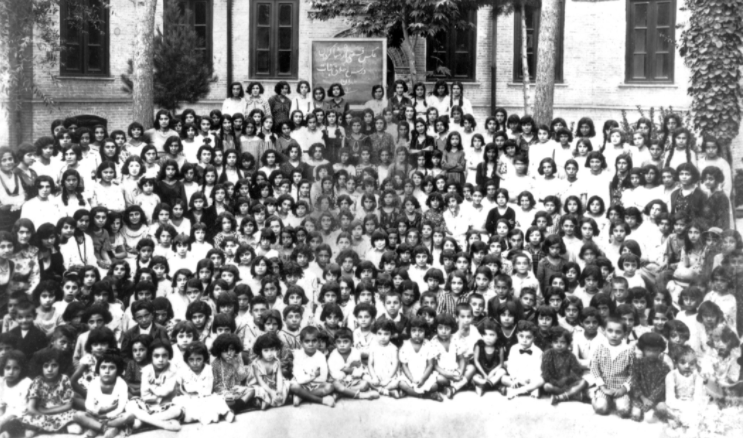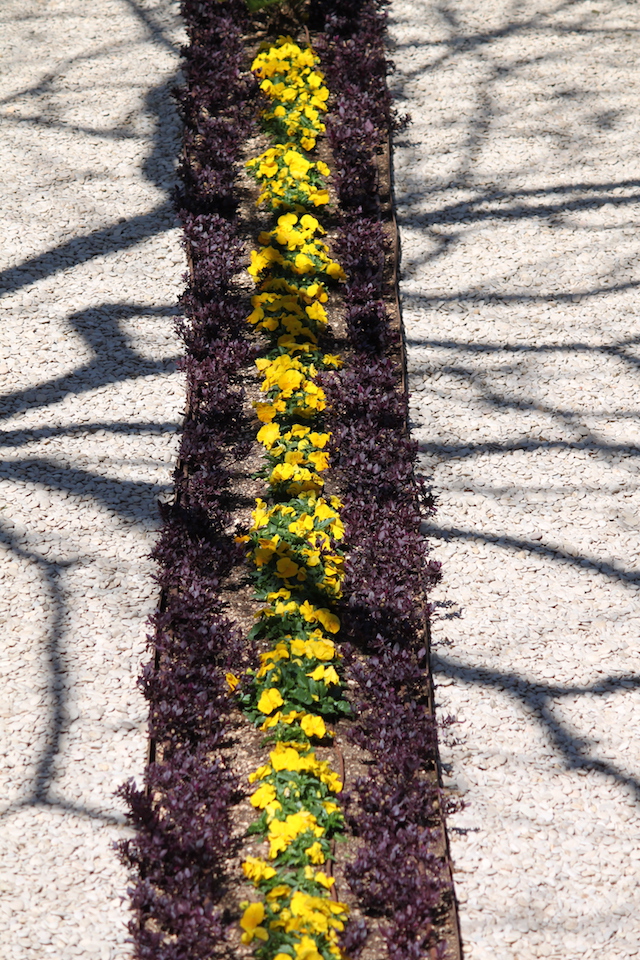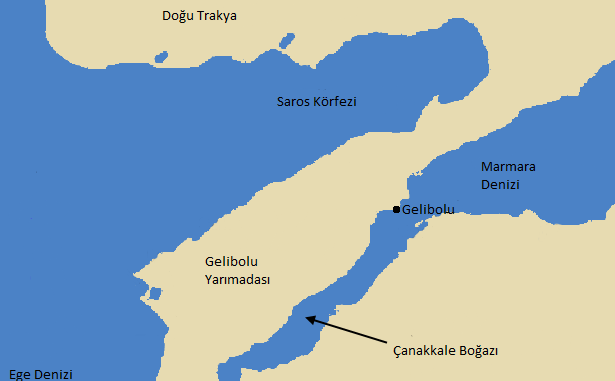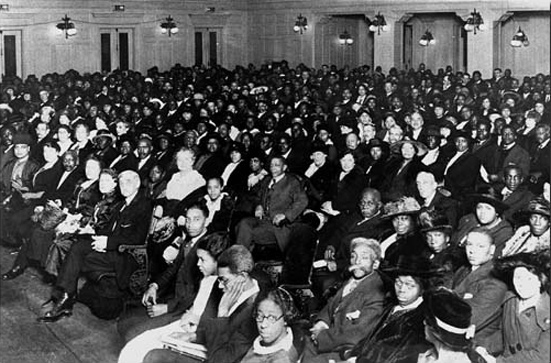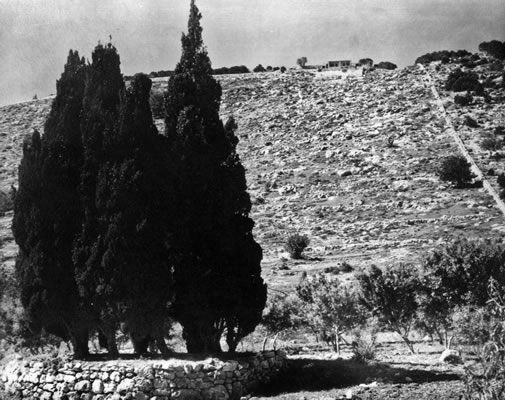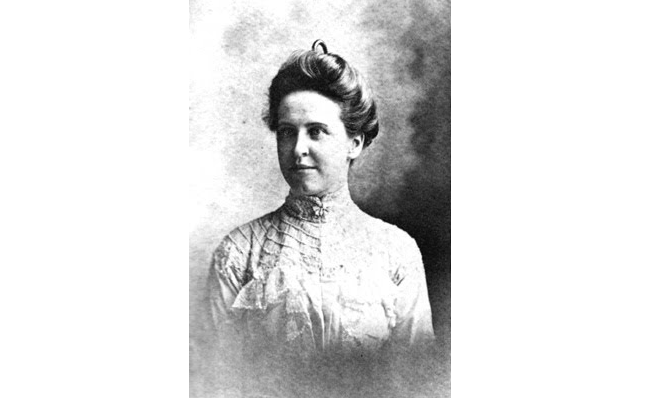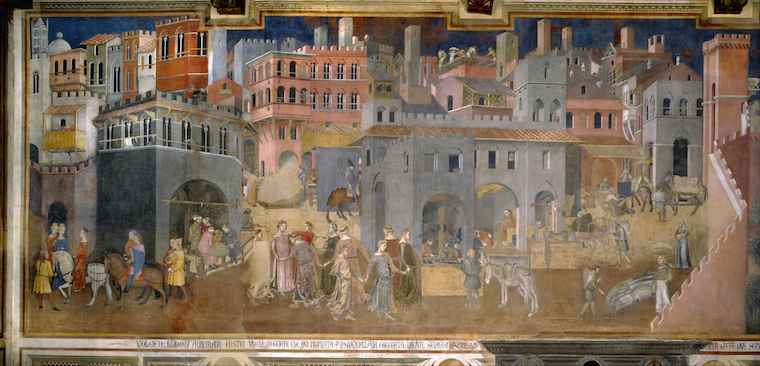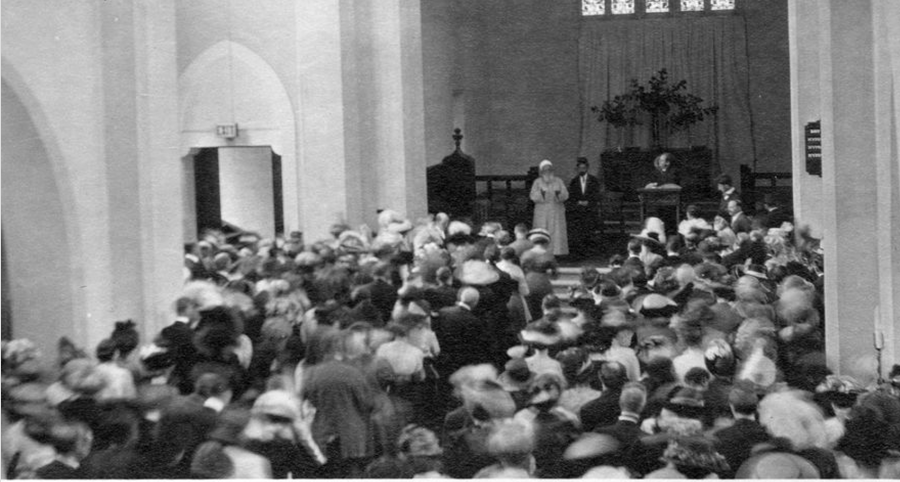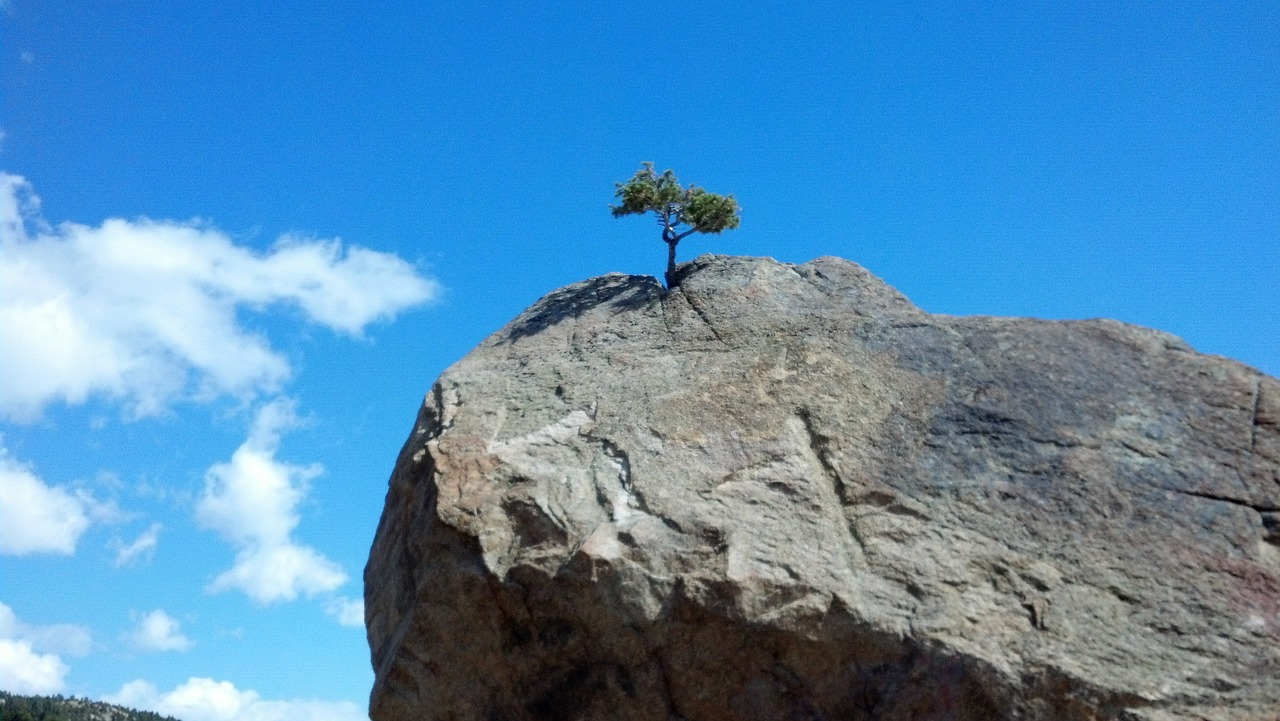Equality of Men and Women
-
Laura Terracina: For Who is Enemy to Woman
“How dare you raise hand, against so young and beautiful a vision?” With such words does Laura Terracina (1519 – 1577) defend her sex. Born in Naples, she was the most published poet of Italy’s sixteenth century and a feminist before the word “femminista” existed. She was part of a movement of italian Renaissance women writers whose existence is often overlooked in the historical record. So much were women absent from tellings of the Renaissance and so mixed their lived experience, that it caused Joan Kelly to famously ask “Did women have a Renaissance?” While the answer is complex, the Renaissance saw for the first time in Europe, substantial publication…
-
Il Drago and Luigi Capuana’s search for redemption
Luigi Capuana was a nineteenth century writer. His work, The Old Dragon (Il Drago), although an apparently light children’s story, carries a poignant loss and search for redemption. In a strange way the story is a “might have been” of Luigi Capuana’s life and of the children he never admitted as his own. Luigi Capuana, Giuseppina Sansone and their children Giuseppina Sansone is central, although whether she is portrayed in the story is debatable. She is a love of much Luigi Capuana’s life. He met her at age 37 and she was an unmarried partner for the next twenty years. She is almost entirely invisible, while he is a noted Italian…
-
Gender and the Divine World
In Bahá’u’lláh’s teachings, God has no gender. Indeed, to think of God in anthropomorphic terms (as a kind of “super human”) is entirely imaginary. To every discerning and illuminated heart it is evident that God, the unknowable Essence, the Divine Being, is immensely exalted beyond every human attribute, such as corporeal existence, ascent and descent, egress and regress. …[1] However, the topic presents us with complexities. First, we have to pause to clarify our thinking about what we mean by “gender”. Gender has layered biological and cultural aspects and it is easy to mix them up. Aspects of gender such as “pink” and “blue” for example are recent – and purely cultural inventions,…
-
1848 – The Year of Two World Changing Conferences
1848 is usually remembered as the year of revolutions in Europe. Those revolutions – although sweeping across Europe – changed little. At the same time however, something of far greater moment was taken place, two small conferences. Although very few noticed at the time, a central idea of those conferences has already unfolded in unimagined transformation of human society across the planet. As Louise Dittmar, an advocate of the time, wrote in 1849: The freedom of women is the greatest revolution, not just of our own day, but of all time, since it breaks fetters which are as old as the world. And indeed in 1848, the emancipation of women…
-
Tahirih – Herald of the Emancipation of Women
Two hundred years ago, virtually everywhere in the world, women lived in subjugation to men. It was a world so different to our own that it is difficult to imagine. It was a world in which women had little role in public life – little opportunity for education, little opportunity to work – other than in the home. In many countries women did not have the right to own property. It was a world where women were often subject to the legal control of male relatives and the law in the west, as much as the east, defended the right of husbands to beat and control their wives. Tahirih was…
-
Work is Worship
Among Bahá’u’lláh’s Glad Tidings is one directed to what we spend most of our waking time doing: working. Often, in the past “sacred” has been taken to imply set apart. A special caste was concerned with the administration of the sacred. The ordinary day to day activities of life were not sacred. Bahá’u’lláh overturns this separation. Work is worship. It is enjoined upon every one of you to engage in some form of occupation, such as crafts, trades and the like. We have graciously exalted your engagement in such work to the rank of worship unto God, the True One. … Waste not your time in idleness and sloth. Occupy yourselves with that which profiteth yourselves and…
-
Martha Root — An Astonishing Life
Today I am at a Baha’i meeting, and I want to say thank you for the blessing of having such times in my life. To each and every soul who helps to make so many of those gatherings a veritable corner of paradise — thank you. This morning we are reflecting on the life of Martha Root, a woman whose life was inspired and transformed by Bahá’u’lláh. We will be reading about her life as introduced on the website bahaiteachings.org. I hope you can join us in spirit and read along. In one of his earlier works, the Hidden Words, Bahá’u’lláh observes that “words are the property of all alike” and that “guidance hath ever been given…
-
Women and Men Have Been and Will Always Be Equal
“Women and men have been and will always be equal in the sight of God.”[1] With these words, Bahá’u’lláh challenges the age old oppression of women. Thus, the following concept applies as much in respect of gender equality as elsewhere: Know ye not why We created you all from the same dust? That no one should exalt himself over the other.[2] The general assertion of gender equality is addressed by Bahá’u’lláh in a diversity of fields in which, historically, gender equality has been denied. On work, Bahá’u’lláh states: … It is incumbent upon each one of you to engage in some occupation – such as a craft, a trade or the like.[3] There is no distinction…

